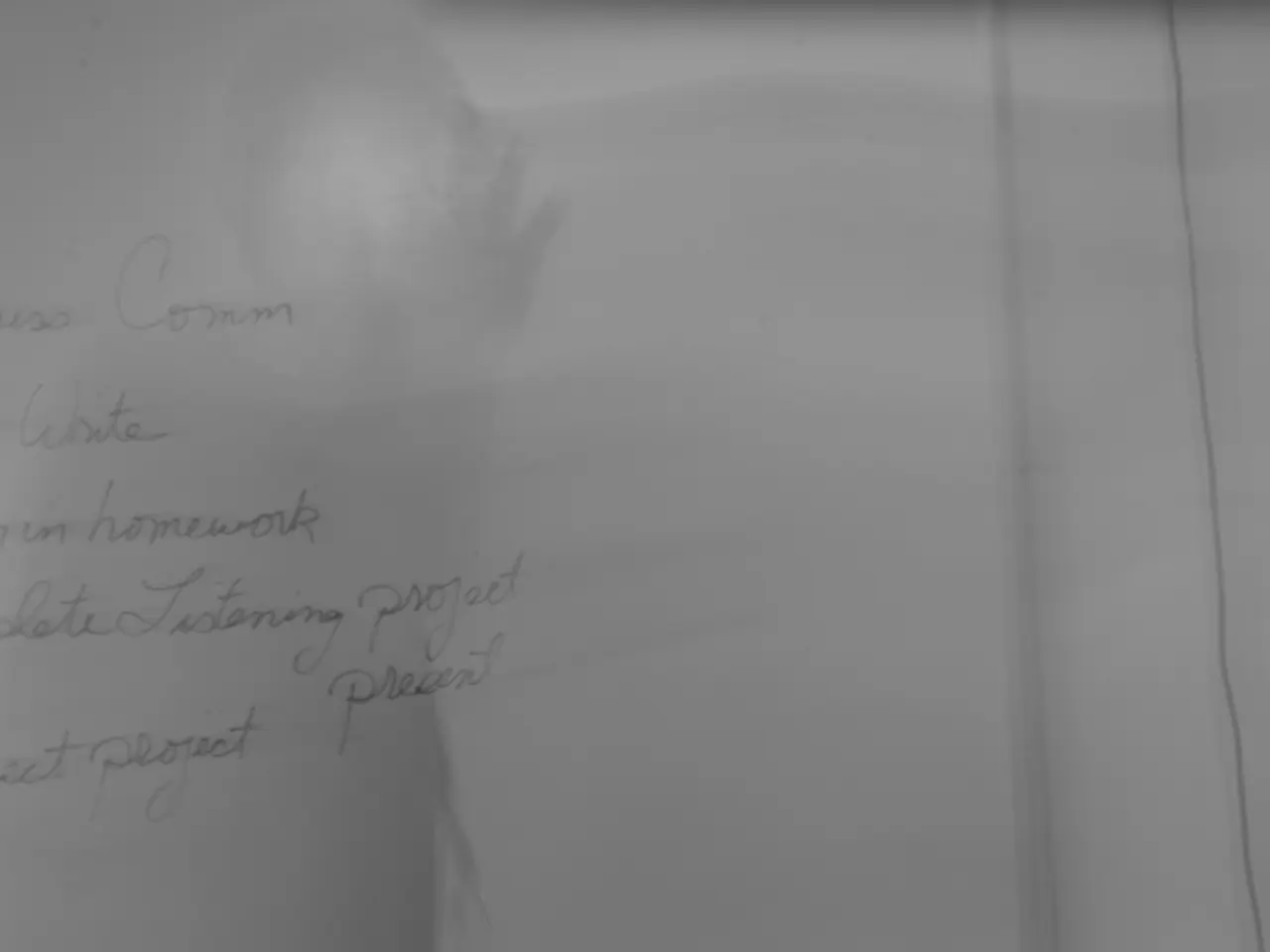Struggles in the steel sector - Negotiation process initiated
The steel industry in Germany has initiated wage talks in Düsseldorf, with the German steel employers' association dismissing demands for pay hikes due to the current economic climate. The peace obligation for these discussions expires on September 30, and warning strikes are feasible after this date.
The employers involved in these negotiations are organized representatives from the steel companies in the northwestern, eastern, and Saarland regions of Germany. These employers form the counterpart in the collective bargaining process for approximately 220,000 steel workers, with negotiations typically commencing in mid-September each year.
IG Metall, the union representing these workers, is seeking inflation compensation during these negotiations. However, they entered the talks without a specific wage demand, instead emphasizing the need for inflation compensation and job security.
The steel industry is confronting several challenges. Cheap imports from China, high tariffs on steel imports to the USA, rising energy prices, and the costs of transitioning to a more eco-friendly steel production are all contributing to the industry's struggles.
Rising energy prices, in particular, are causing significant issues. Lead negotiator Knut Giesler stated that no proposals for fulfilling their responsibility for quick and fair solutions were heard from the employers.
Thyssenkrupp, a heavyweight in the German steel industry, is planning to cut thousands of jobs. The crisis in customer industries, especially the automotive industry, is also taking its toll on the sector.
Despite these challenges, employers have announced they will make an offer during the second round of negotiations on Friday in Düsseldorf. The negotiations for the Saarland region will start in mid-November.
In the meantime, warning strikes remain a possibility after September 30. The unquantified demand was described as a show of confidence from the employees by lead negotiator Knut Giesler. The outcome of these negotiations will have significant implications for the future of the German steel industry.
Read also:
- Federal Funding Supports Increase in Family Medicine Residency Program, Focusing on Rural Health Developments
- Potential Role of DHA in Shielding the Brain from Saturated Fats?
- Alternative Gentle Retinoid: Exploring Bakuchiol Salicylate for Sensitive Skin
- Hanoi initiates a trial program for rabies control, along with efforts to facilitate the transition from the dog and cat meat trade industry.







